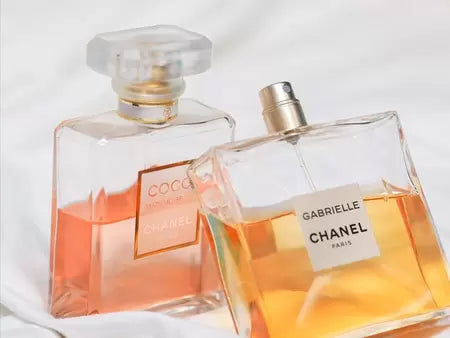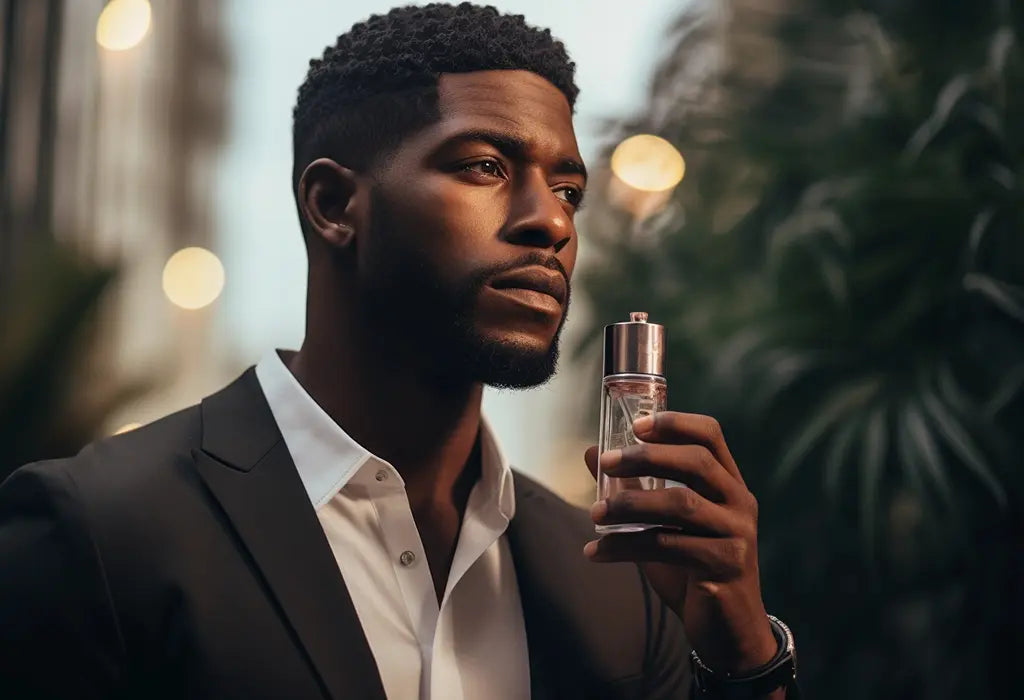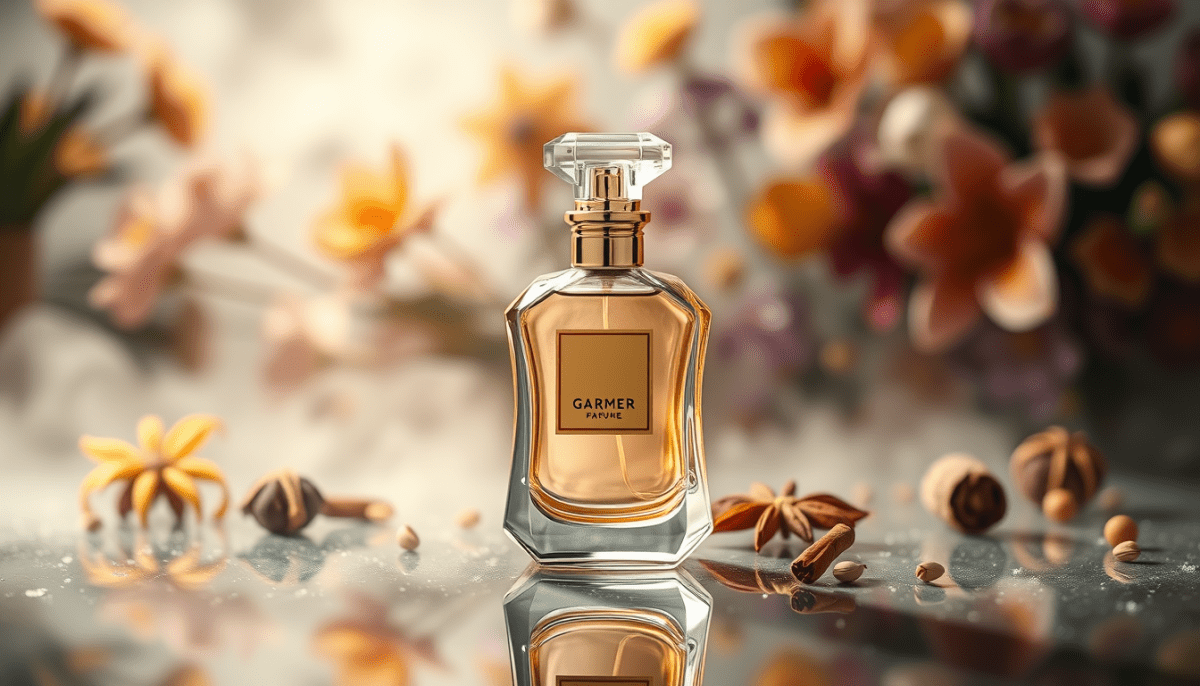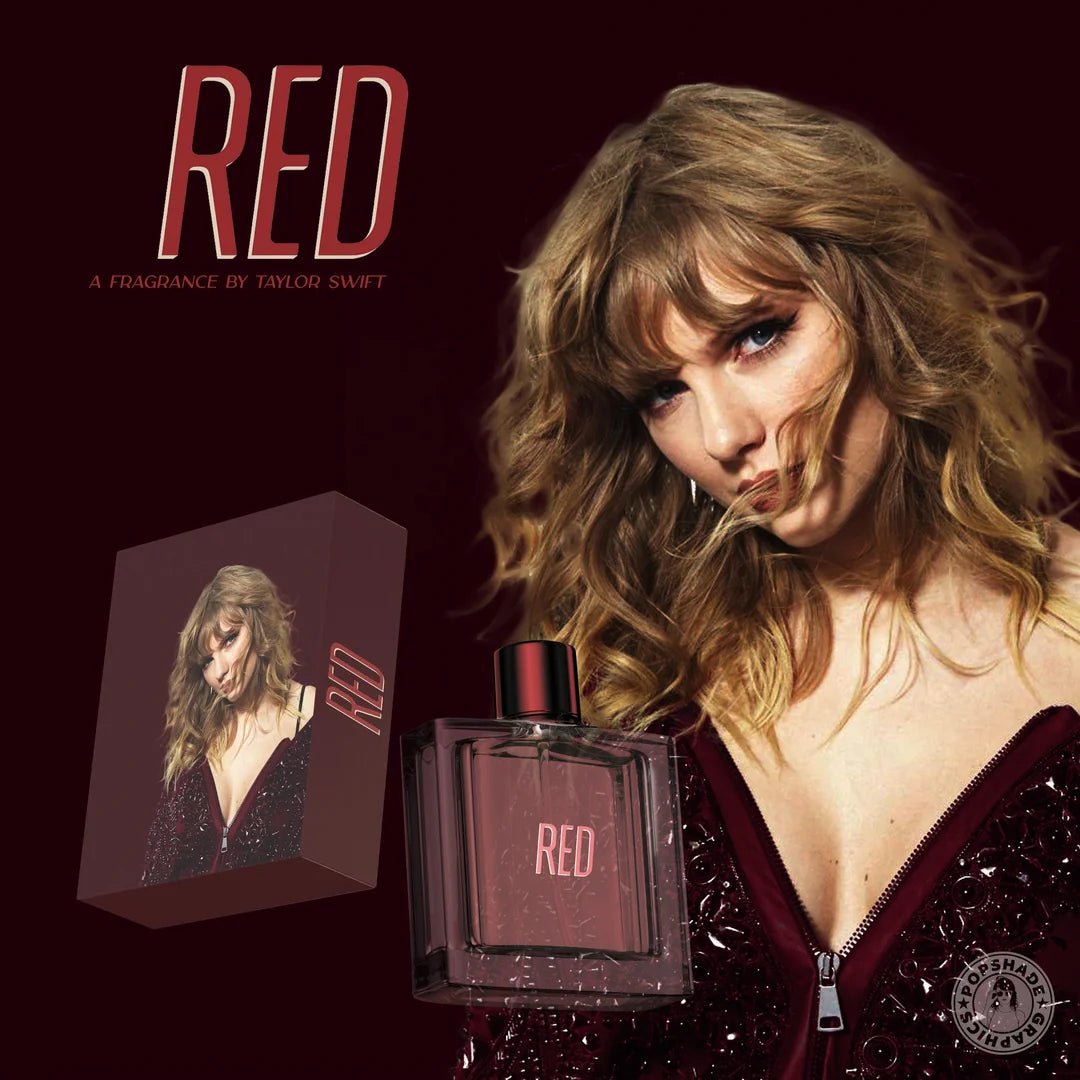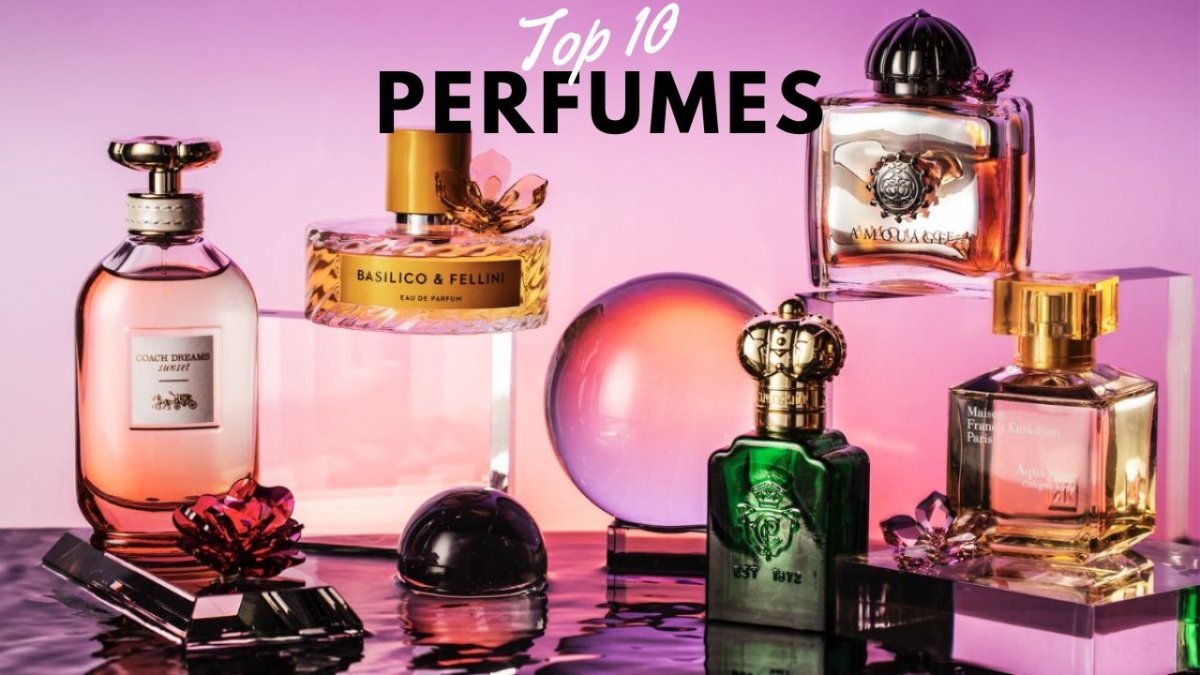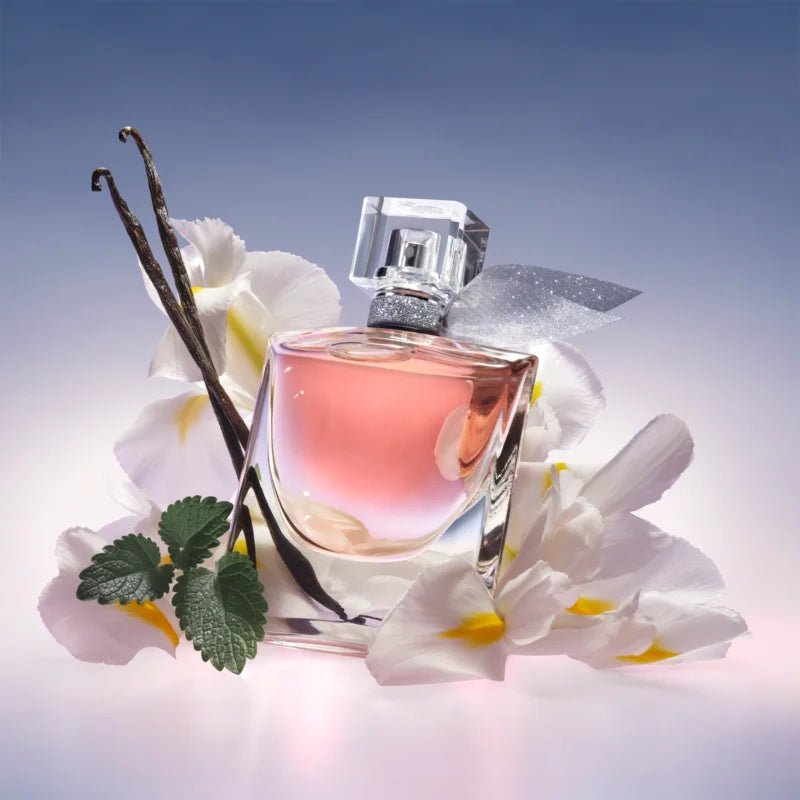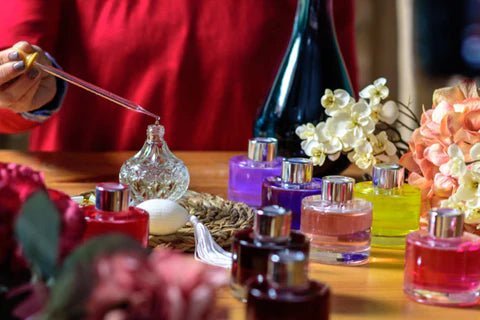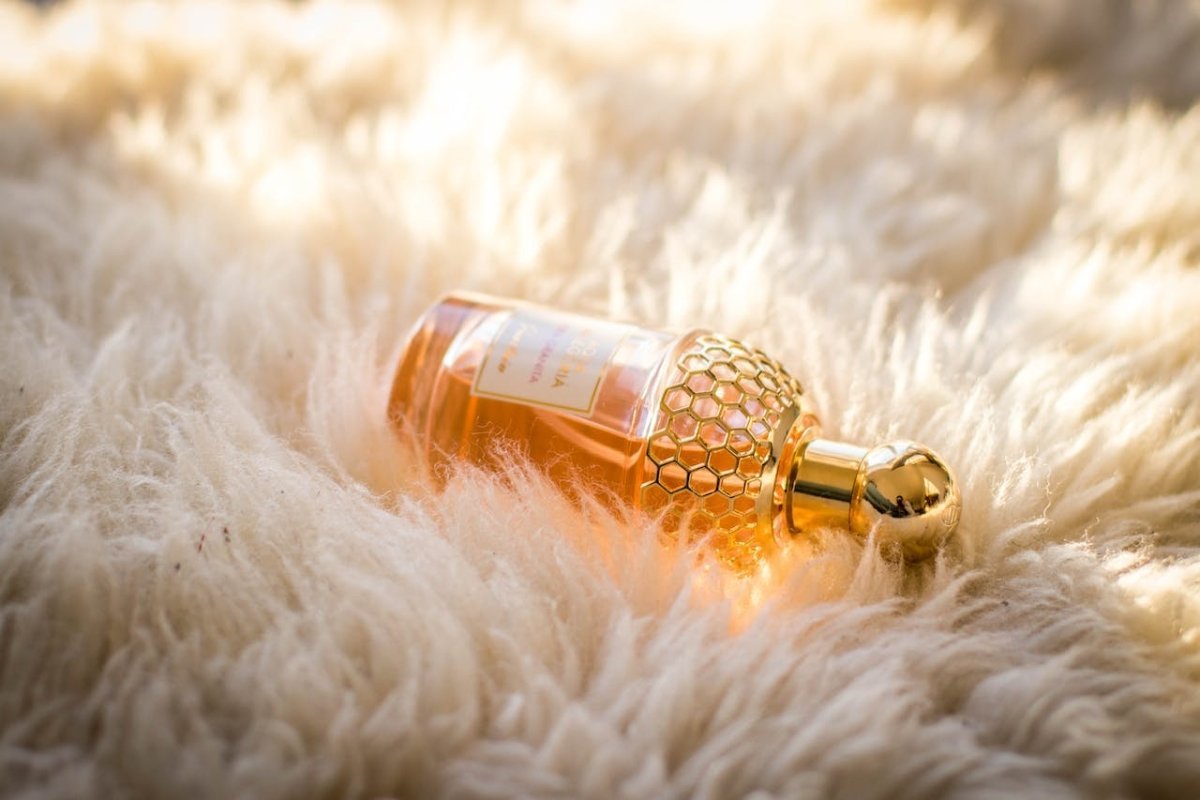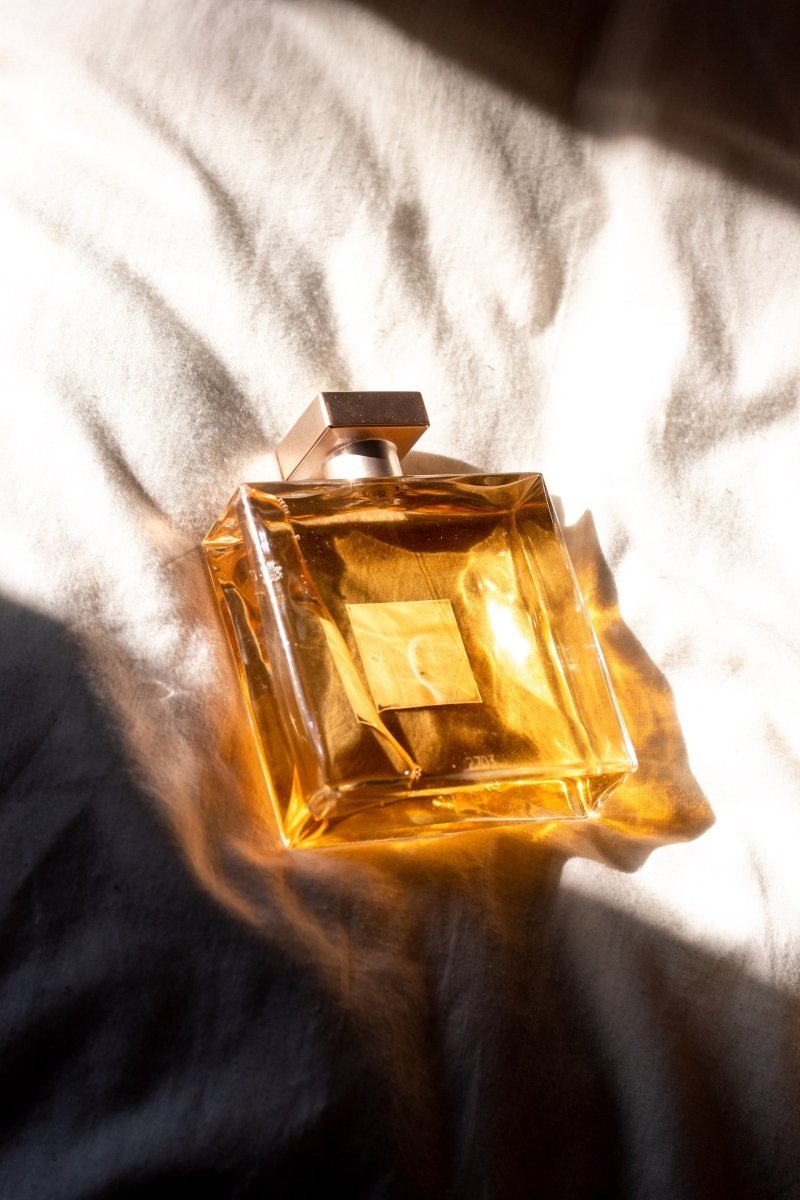
History Of Perfumes
Section 1: The Perfumed Beginnings
The history of perfumes is a journey through time, beginning in ancient civilizations. The word "perfume" originates from the Latin "per fumum," which means "through smoke." Early perfumes were closely tied to spiritual and religious rituals, primarily used in incense and offerings to deities. Ancient Egyptians, Mesopotamians, and the Indus Valley civilization all had their versions of aromatic substances for religious ceremonies and personal adornment. The mesmerizing fragrances of these early concoctions hinted at the aromatic wonders yet to come.
Section 2: The Mesmerizing World of Ancient Egypt
In the annals of perfume history, Ancient Egypt shines as a beacon of fragrance innovation. Perfumes held a special place in Egyptian culture and society. They were used in religious ceremonies, as cosmetic aids, and even for medicinal purposes. The ancient Egyptians were adept at extracting essential oils from various plants, flowers, and resins. Fragrance production was a prestigious industry, with skilled perfumers creating exquisite scents for the elite. The art of perfumery was so revered that perfumers enjoyed high status, and their knowledge was passed down through generations.
Section 3: Greek Elegance and Roman Refinement
The fragrance legacy carried over from Egypt to the ancient Greeks and Romans, who further developed the art of perfumery. Greeks introduced the concept of wearable perfumes and created the first solid perfumes, while Romans improved upon extraction techniques, enhancing the quality and variety of fragrances. With the expansion of the Roman Empire, perfumes became more widespread, and different scents were associated with various social classes and occasions.
Section 4: Fragrance Flourishes in the Middle East
The Middle East played a pivotal role in the history of perfumes. The Islamic Golden Age, from the 8th to the 13th century, saw the distillation of essential oils and the invention of the alembic still, a device that significantly improved fragrance extraction. Perfumery became an integral part of Islamic culture, with many renowned scholars authoring treatises on perfumery, further elevating its status.
Section 5: The Renaissance of Perfumes in Europe
After a period of relative decline during the Middle Ages in Europe, the Renaissance brought a resurgence of interest in perfumes. The fragrant waters of Europe became infatuated with Oriental scents, and trade routes opened up, introducing exotic fragrances from the East. Perfume became an essential part of European courtly life, and intricate perfume bottles and flacons became a symbol of luxury and refinement.
Section 6: The Birth of Modern Perfumery
The 19th century marked a significant turning point in the history of perfumes with the emergence of modern perfumery. Advances in organic chemistry allowed for the synthesis of new fragrance compounds, leading to the creation of entirely new scents. Famous perfumers like François Coty and Guerlain became household names. During this period, iconic fragrances such as Guerlain's Shalimar and Chanel No. 5 made their debuts, setting a new standard for perfume creation and marketing.
Section 7: The Evolution of Fragrance Marketing
The history of perfumes is also a history of marketing innovation. As perfumes became more accessible to the general public, clever marketing strategies were employed to create a strong brand identity. From glamorous advertising campaigns to celebrity endorsements, the world of perfumes has been shaped by the art of persuasion. This transition from exclusive luxury to a widely available product marks a significant shift in the industry.
Section 8: Contemporary Perfumery: A Multifaceted World
Today, the perfume industry is a multifaceted world with a vast array of fragrance houses, brands, and perfumers. It continues to evolve, with perfumers pushing boundaries by exploring new ingredients, innovative extraction methods, and even incorporating sustainability into their creations. The history of perfumes has brought us to a point where fragrance is not just about scent but also about storytelling, personal expression, and artistic exploration.
Section 9: The Perfume Revolution Continues
As we conclude our journey through the history of perfumes, it's clear that this captivating industry has come a long way from its humble origins. Perfumes have transformed from sacred offerings to divine luxuries, and now, they are an integral part of our daily lives. The allure of fragrances is timeless, and the history of perfumes continues to be written as perfumers, and brands strive to create scents that captivate our senses and define our moments.
Conclusion: A Timeless Olfactory Tapestry
The history of perfumes is a captivating tapestry woven through the centuries. From ancient rituals to modern luxury, perfumery has evolved, influenced by different cultures, innovations, and artistic expression. Understanding this history provides us with a profound appreciation for the scents we wear today, as we continue to explore the boundless world of fragrances.
The history of perfumes is a rich and intricate tale, spanning millennia and continents. From their sacred origins in ancient civilizations to their refinement in Europe and their continued evolution in contemporary perfumery, fragrances have been an essential part of human culture and self-expression. The story of perfumes is a testament to the enduring allure of scent, which has fascinated and enchanted us for centuries.

